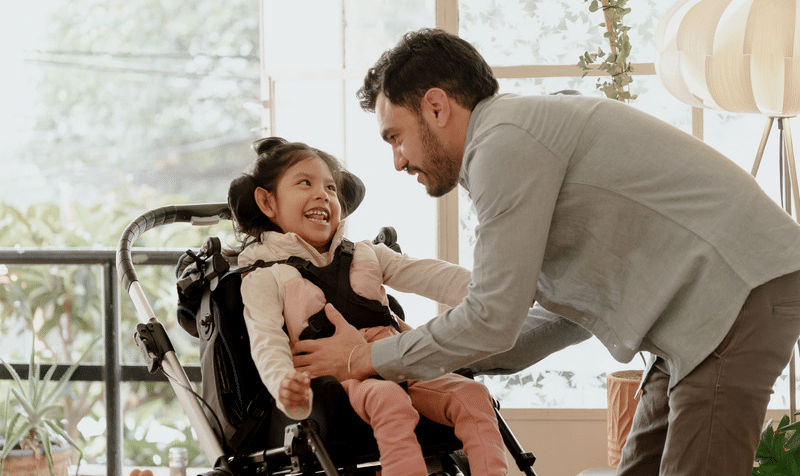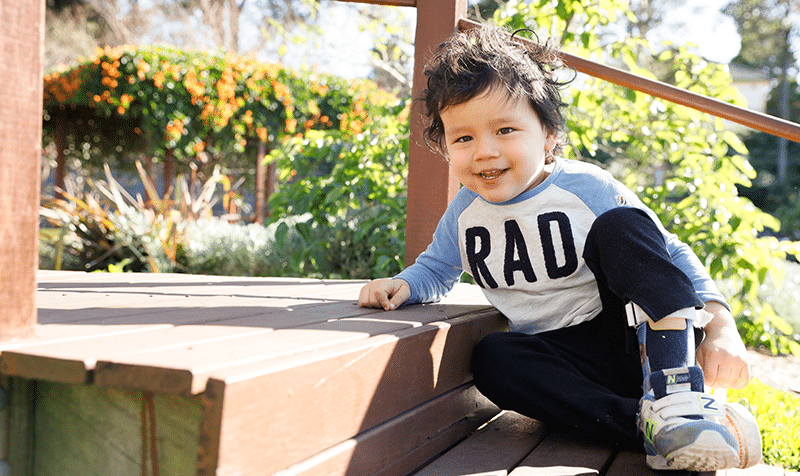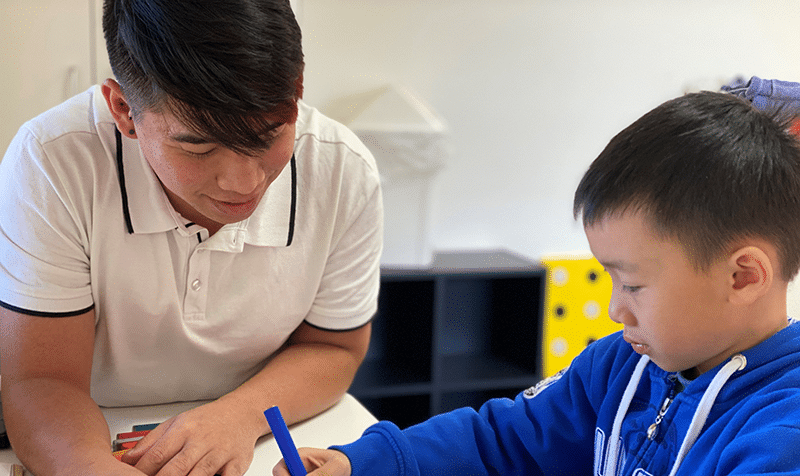Many people with cerebral palsy have other related vision, hearing, communication and mobility needs. Its impact can range from a weakness in one hand, to almost a complete lack of voluntary movement.
It is a complex disability:
Find out more about types of cerebral palsy, signs and symptoms, diagnosis and treatments.




Cerebral palsy is a group of movement disorders that can cause problems with posture, manner of walking (gait), muscle tone, and coordination. Depending on the severity and type of CP, it affects different parts of the body.
Many people with cerebral palsy have other related vision, hearing, communication and mobility needs. Its impact can range from a weakness in one hand, to almost a complete lack of voluntary movement.
It is a complex disability: